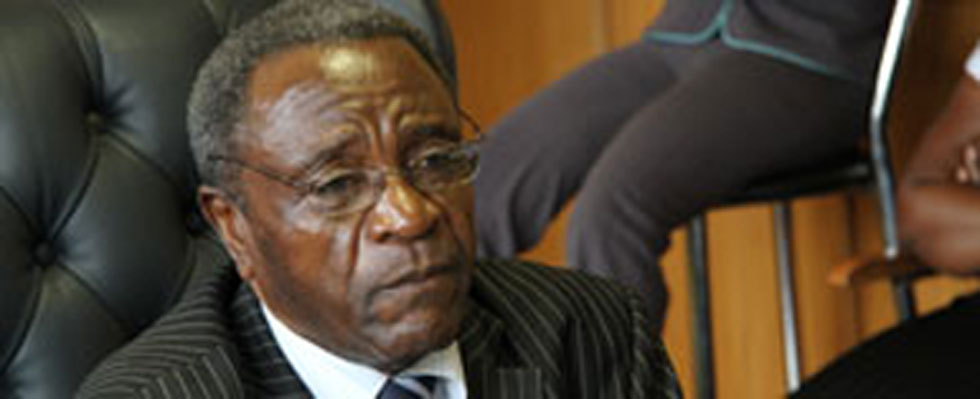
Former Premier Service Medical Aid Society (PSMAS) board chairman Cuthbert Dube last Tuesday won a $3 million arbitral award against the embattled medical aid society and sought to have it registered as a court order at the High Court on Thursday, arguing he was still entitled to his monthly salary and benefits backdated to January 2014.
Through his lawyer Jonathan Samukange, Dube filed the two applications under case number HC3461/15 against Premier Service Medical Investment (PSMI) for $2 070 000 and case number HC3462/15 against PSMAS for $1 380 000, bringing his total claims to $3 450 000.
Dube was fired in January last year over allegations of awarding himself a hefty salary.
The arbitral awards by an independent arbitrator identified in court papers only as D Moyo were made on Tuesday last week.
According to Dube’s contract, besides the salary arrears, he is entitled to among other benefits, a $2 000 clothing allowance per annum, international per diem of $900 per day for self and $300 per day for his spouse, regional per diem of $700 per day for self and $200 per day for his spouse and local per diem of $500 per day for self and $100 per day for his spouse.
He also said he was entitled to two personal drivers, 400 litres of fuel per month for personal use, loan of up to a maximum equivalent to 12 months’ salary, a cook, gardener and housekeeper and $1 200 for groceries per month, clothing allowances of six suits, 12 shirts, 12 ties and six pairs of shoes per year.
Part of the court application read: “This is an application for registration of an arbitral award made on the 14th day of April 2015 in favour of Dr Cuthbert Elkana Dube by the honourable arbitrator D Moyo, in terms of Section 98 (14) of the Labour Act Chapter 28:01.
“Applicant (Dube) is entitled to payment of the arrear salaries to the tune of $2 070 000, (and $1 380 000 for the other case) calculated from January 2014 to date.”
- Chamisa under fire over US$120K donation
- Mavhunga puts DeMbare into Chibuku quarterfinals
- Pension funds bet on Cabora Bassa oilfields
- Councils defy govt fire tender directive
Keep Reading
In his judgment, arbitrator Moyo said: “On submissions, the respondents (PSMAS and PSMI) stuck to the terms of reference as spelt out by the conciliator. These are clearly tactical positions by the parties.
To me, it does appear that there can be nowhere the issue between the parties can be resolved without dealing with the issue of the contract of employment between them.
“There is no dispute between the parties that no contract of employment was terminated according to the claimant, therein lies his claim of salaries since January 2014. On the contrary the respondent argues that there never was a contract of employment between the parties.”
Dube argued that in a board communication of March 14 2013, the chairpersons of PSMAS and PSMI communicated the extension of the tenure of office of his office and the statement at the relevant point read: “The committee has extended the tenure of office for Dr C E Dube for a further 10 years with effect from January 1, 2014. We are hereby pleased to advise you that the two boards of PSMAS and PSMI have unanimously approved the extension of office of Dr C E Dube by a further 10 years, effective January 1 2014.”
Arbitrator Moyo said it was not in dispute that Dube had obligations to direct PSMAS and PSMI’s operations and that it was inconceivable how a party doing work for the other for as long a time since 2001, participating and supervising the employees of same, could work for such a long time without a contract or remuneration.
He further said PSMAS’s statement dated March 16 2015, categorically stated that it had no contract of employment with Dube and, therefore, it did not terminate any contract of employment.
“This puts to rest the argument on whether claimant’s contract of employment was lawfully terminated or not. For the avoidance of doubt, the respondent did not terminate any contract with the claimant,” Moyo said before making a ruling in Dube’s favour.











